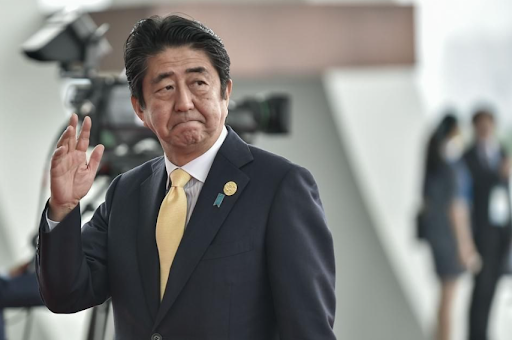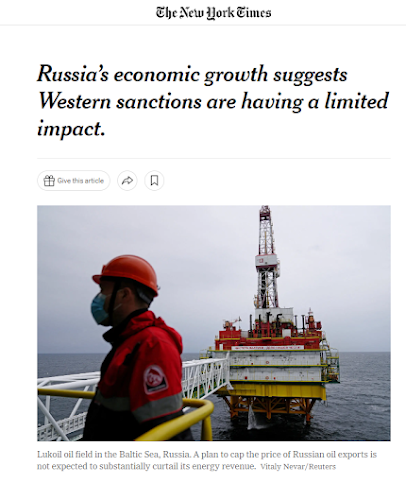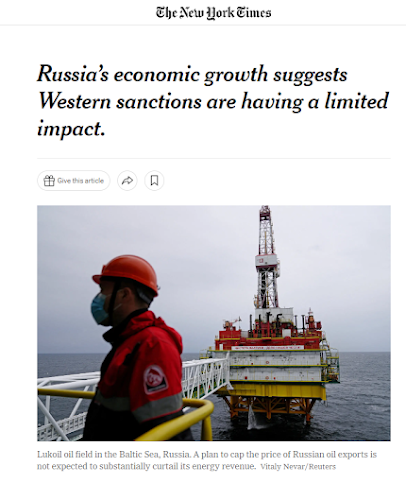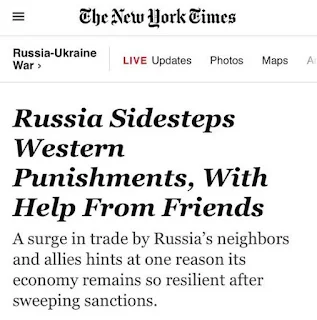
Abe's memoirs after his assassination: I met Putin despite Washington's objection...and rejected sanctions against Moscow
The memoirs of the late Japanese Prime Minister, Shinzo Abe, were issued seven months after his assassination, and revealed that his visit to Russia in 2016 angered the then US President, Barack Obama.
Abe said in his memoirs: “When I visited the United States in 2016 to participate in the Nuclear Security Summit, I told Obama that I would meet Russian President Vladimir Putin in Sochi in May, and soon signs of discontent appeared on his face, and he answered me angrily: If I was in your place, when you did that."
He added, "I visited Sochi, and met Putin, despite Washington's objection."
Abe also pointed out that Obama's position stems from the United States' desire to keep intensifying the efforts of the Group of Seven countries, collectively, on the issue of pressure on Moscow, following the annexation of Crimea to the Russian Federation.
Abe mentioned in his memoirs that Obama's sudden proposal, during the "G7" summit in Brussels in 2014, to impose sanctions against Russia, due to differences over Ukraine and the accession of Crimea to the Russian Federation, sparked reactions and reservations by some European countries. Like France, which was planning to export amphibious ships to Russia, and Germany, which relies mainly on Russian gas.
Abe confirmed that "Obama was strict in raising the issue of sanctions" against Russia, and he distributed himself, surprisingly and contrary to diplomatic norms, the list of sanctions to the participants in the summit, although this list was not passed to experts, for study before it was presented.
Abe said that German Chancellor Angela Merkel asked him about Tokyo's position on sanctions, and he replied, "Japan will not participate in sanctions against Russia, because that would strain negotiations between the two countries, but we can issue a document of condemnation in the form of criticism."
He pointed out that Merkel suggested that everyone issue a statement condemning Russia, and leave the discussion of sanctions at the administrative level of each country, as it deems appropriate.
Abe noted that "everyone felt relieved," because the issue of sanctions against Russia was not agreed upon among the countries of the group, and it was adopted to issue a statement, collectively condemning Russia, instead of sanctions.
Likewise, Abe touched in his memoirs on the peace treaty between Moscow and Tokyo in 2018, and considered that it was not "considered a concession by Tokyo," because according to the joint Soviet-Japanese declaration on October 19, 1956, the Soviet Union pledged at the time to return Shikotan Island, and many The uninhabited islands adjacent to the Lesser Kuril Mountain Range, to Japan, upon the conclusion of a final peace treaty, between the two countries.
He described Japan's demand to Russia to return all the islands of the southern part of the Kuril Islands at once as illogical, and means that these islands will never return to Japan.
It is noteworthy that Abe's memoirs include 18 press interviews, in a question and answer format, for a total of 36 hours. It was not published before due to its very sensitive nature, and it was put up for sale in Japan this week.
It is reported that Abe (67 years old) was subjected to an armed attack on July 8, 2022 while he was giving a speech at an election event in the city of Nara, in the west of the country, where he was shot with a gun from behind, after which he was transferred to the hospital, and died of his wounds.













































